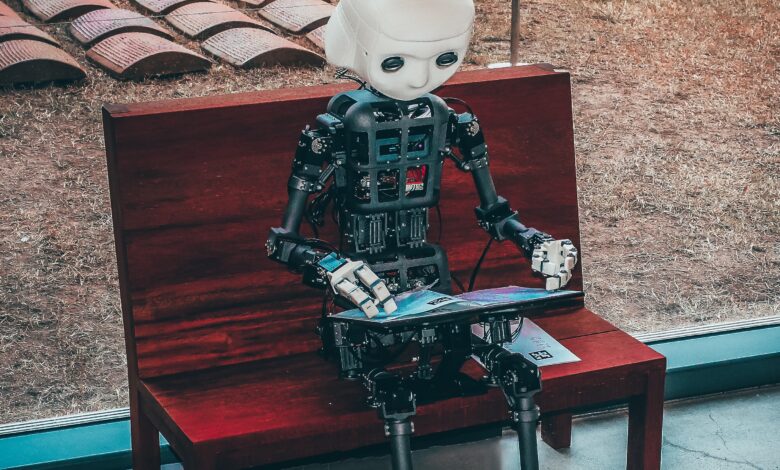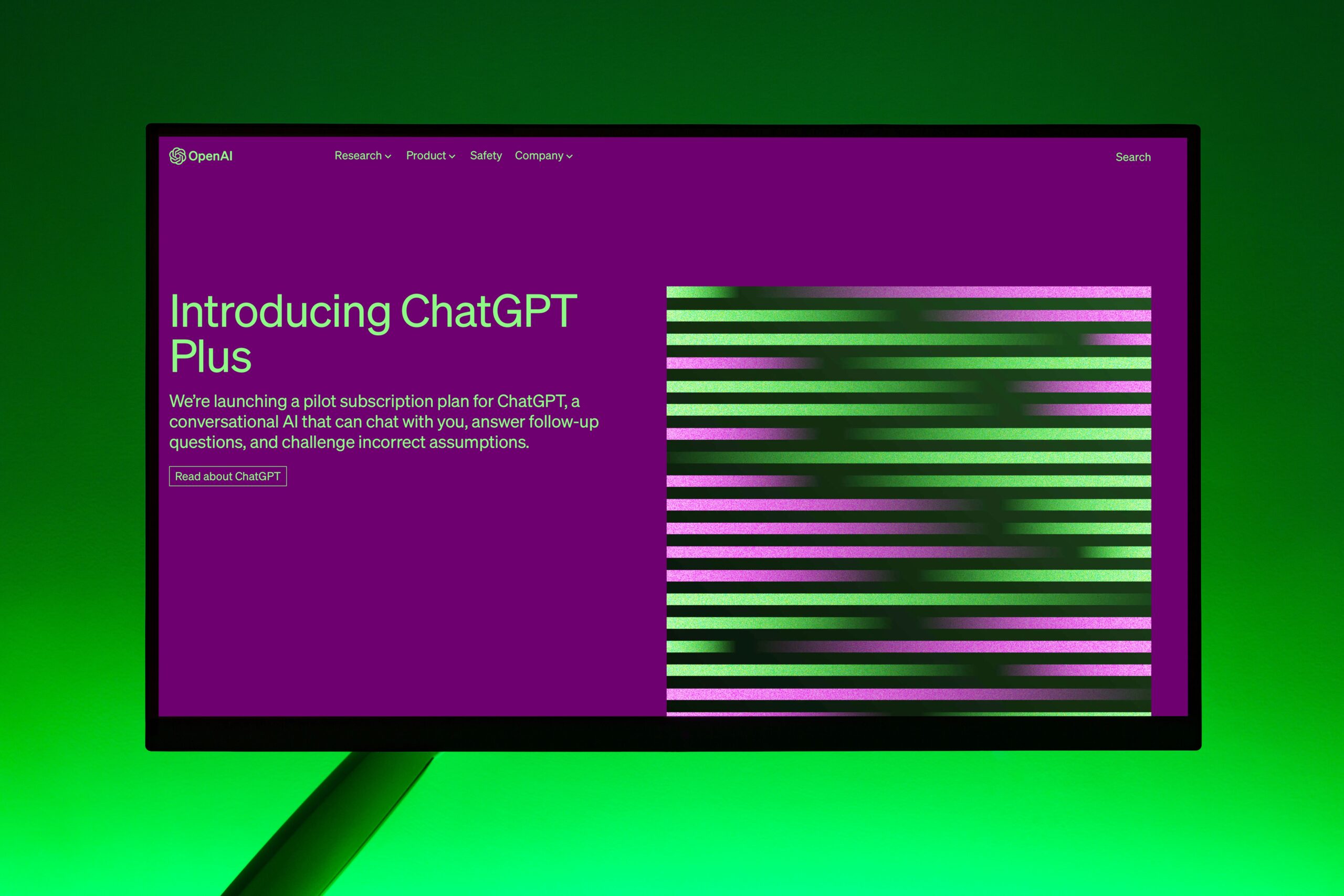Artificial Intelligence in Education: Personalizing Learning

As technology continues to reshape various industries, education is experiencing a significant transformation through the integration of artificial intelligence (AI). AI’s ability to analyze data, recognize patterns, and adapt to individual needs is revolutionizing how educators deliver content and engage students. This article explores the impact of AI on personalized learning and its potential to enhance educational experiences.
Understanding Personalized Learning
Personalized learning refers to tailoring educational experiences to meet the unique needs, skills, and interests of each student. Rather than a one-size-fits-all approach, personalized learning allows students to progress at their own pace and pursue areas of interest. This method encourages greater engagement and motivation, leading to improved learning outcomes.
The Role of AI in Personalized Learning
AI technologies are central to implementing personalized learning strategies in the classroom. Here are some key ways AI is transforming education:
- Adaptive Learning Platforms: AI-driven platforms can analyze a student’s performance in real time, adjusting the difficulty and type of content based on their progress. This allows learners to master concepts before moving on, ensuring a more solid foundation.
- Intelligent Tutoring Systems: These systems provide personalized feedback and support to students, acting as virtual tutors. By assessing individual strengths and weaknesses, AI can offer targeted exercises and resources, enhancing the learning experience.
- Data Analytics: AI systems can analyze vast amounts of data from student interactions, identifying trends and learning patterns. Educators can use these insights to make informed decisions about curriculum adjustments and interventions, tailoring instruction to meet the needs of different groups.
- Content Recommendation: AI can suggest resources, such as articles, videos, and exercises, aligned with a student’s interests and learning pace. This ensures that learners remain engaged and motivated, enhancing their educational experience.
- Automated Administrative Tasks: AI can help streamline administrative functions, such as grading and scheduling, freeing up educators to focus on instruction and student support. This efficiency allows teachers to dedicate more time to personalizing learning experiences.
Benefits of AI-Driven Personalized Learning
The integration of AI in education offers numerous benefits:
- Enhanced Engagement: Personalized learning keeps students more engaged by catering to their interests and learning styles, fostering a love for learning.
- Improved Outcomes: Tailoring education to individual needs can lead to better academic performance, as students receive the support necessary to succeed.
- Increased Accessibility: AI can provide resources for students with diverse learning needs, including those with disabilities, making education more inclusive.
- Empowered Educators: By providing insights into student performance, AI enables teachers to make data-driven decisions and create targeted interventions, enhancing their effectiveness.
Challenges and Considerations
Despite its potential, the integration of AI in education also presents challenges:
- Data Privacy: The use of AI requires the collection and analysis of student data, raising concerns about privacy and security. Schools must implement robust data protection measures to safeguard sensitive information.
- Equity and Access: There is a risk that AI-driven personalized learning may exacerbate existing inequities. Ensuring that all students have access to the necessary technology and resources is crucial for successful implementation.
- Teacher Training: Educators must be adequately trained to use AI tools effectively. Professional development programs should focus on integrating technology into pedagogical practices.
- Balancing Technology and Human Interaction: While AI can enhance learning, the role of human interaction in education remains vital. A balanced approach that incorporates technology alongside traditional teaching methods is essential.
The Future of AI in Education
As AI continues to evolve, its potential to personalize learning will only expand. Innovations such as natural language processing and machine learning will enhance AI’s ability to interact with students in more nuanced ways. The future may see even more sophisticated tutoring systems and adaptive learning environments, further transforming education.
In conclusion, AI is poised to revolutionize education by personalizing learning experiences and making them more engaging and effective. While challenges exist, the benefits of integrating AI into educational settings offer a promising path toward a more tailored and inclusive approach to learning. By embracing these technologies, educators can foster an environment that meets the diverse needs of all students, preparing them for success in an increasingly complex world.




